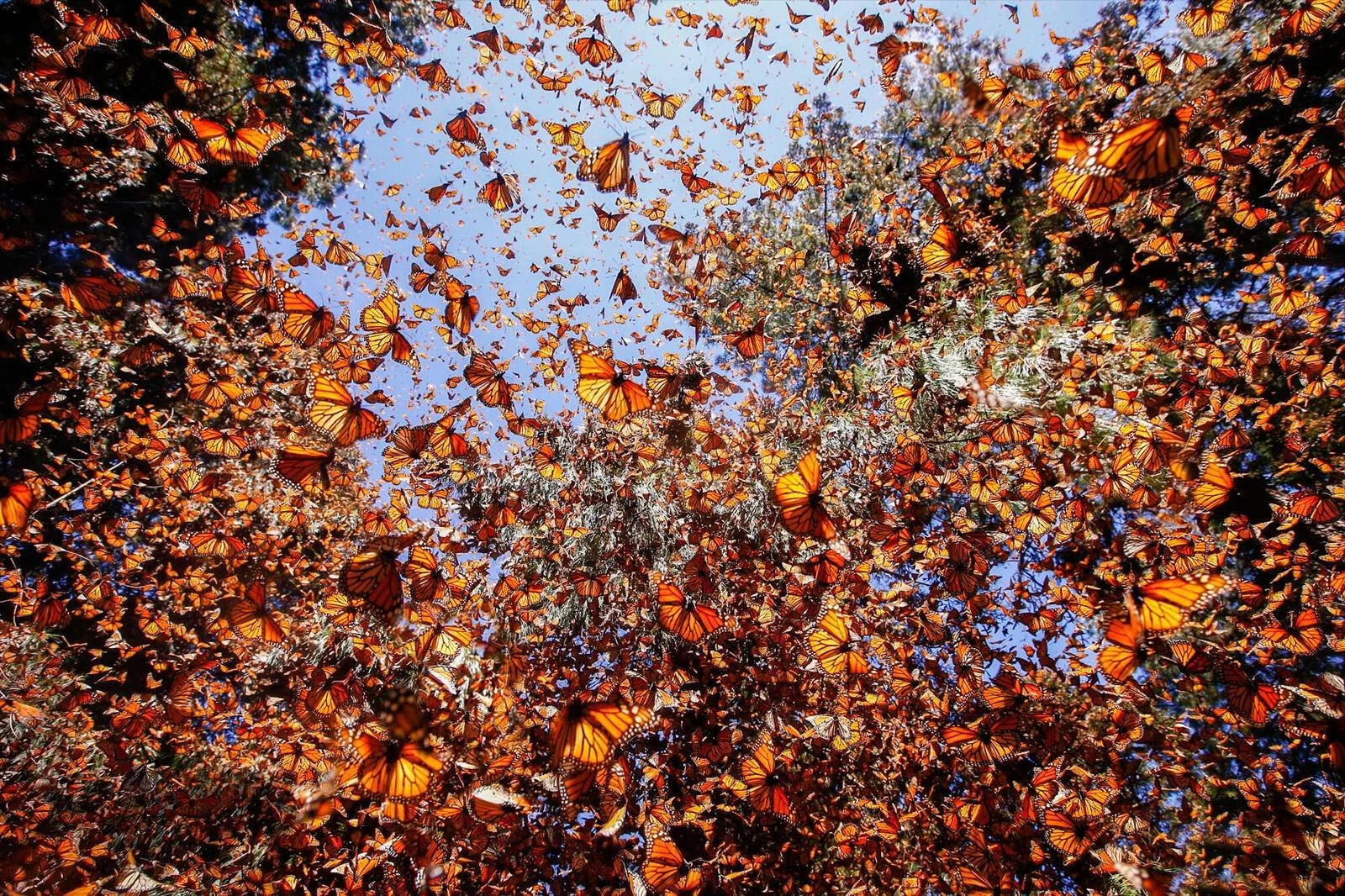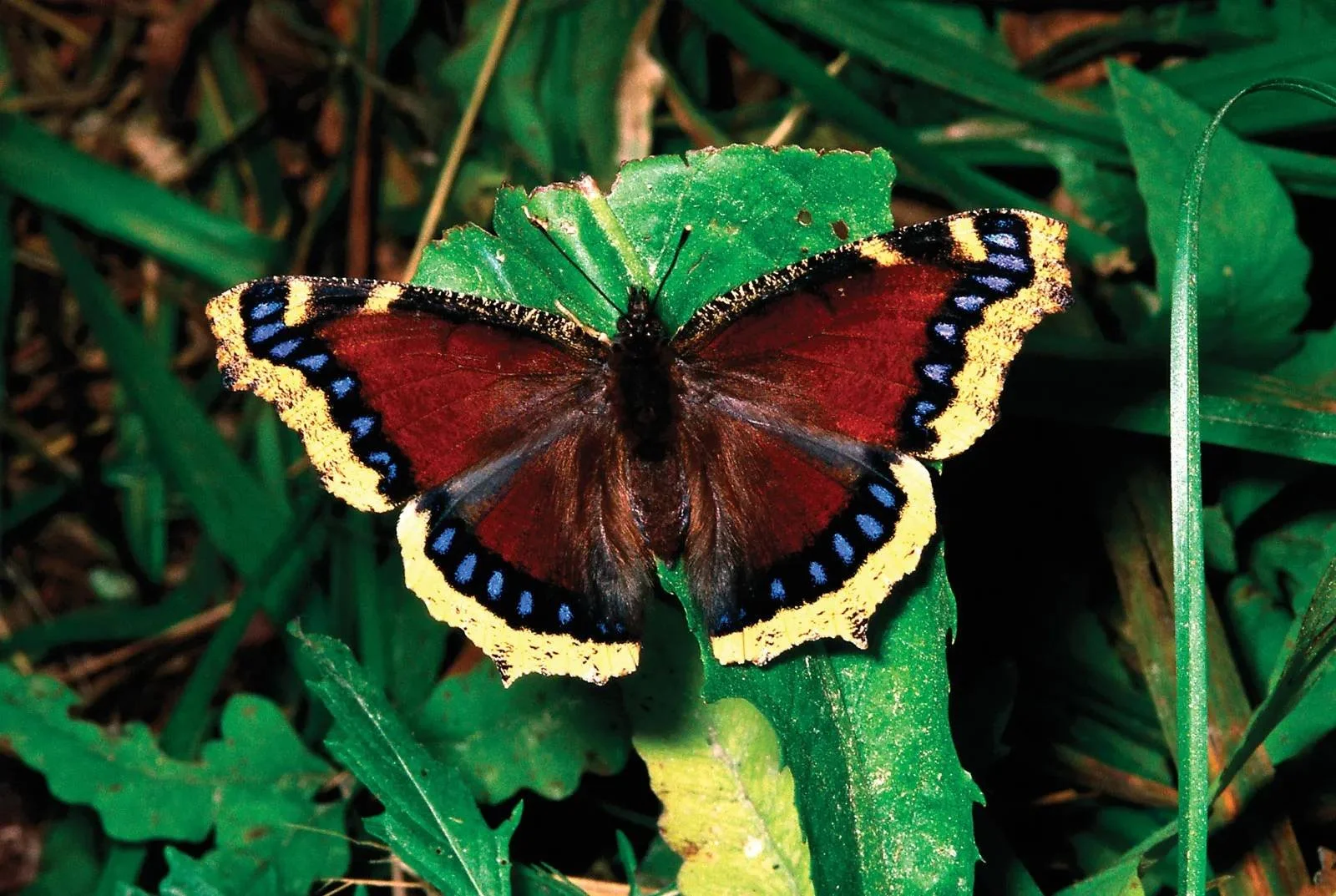Do you know ‘Herman’? Did you read ‘Herman’? When I was growing up there was an identical pile on the back of the toilet at my friend Mike’s bathroom. (I confess I miss the days of communal “everybody reading from the same pile” before screens stepped in to individualize our feeds.) If so ... then you know. And if not ... welcome. Welcome to ‘Herman’! We’re glad you're here. Herman, btw, isn’t a character but… a vibe. Unger himself says: “His wife’s named Herman. The dog’s Herman. The kid is Herman, too. Herman is not anybody’s name. Herman is a state of mind.” And what's the state? Some combination of acidity, anger, and absurdity that uniquely pokes at life. Here's Page 88 from the second treasury for a taste:



